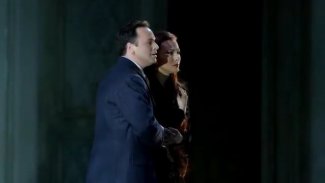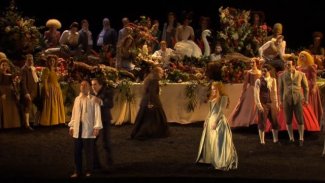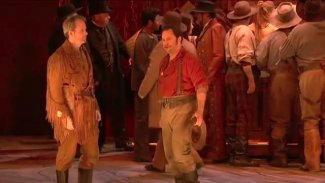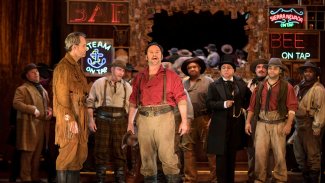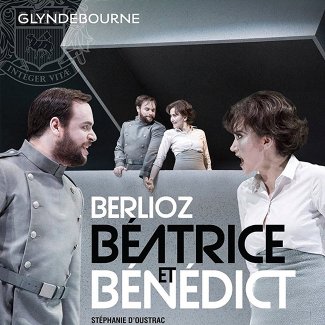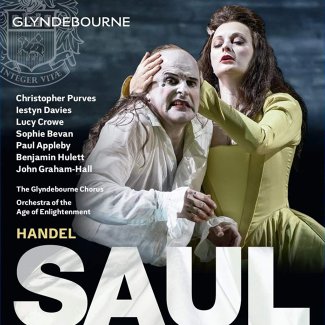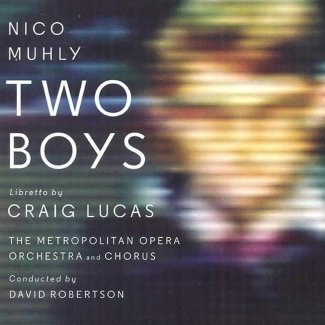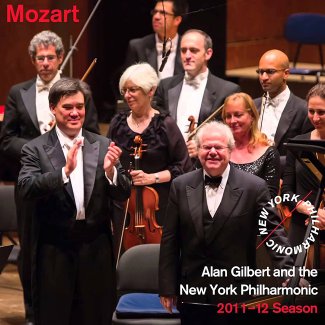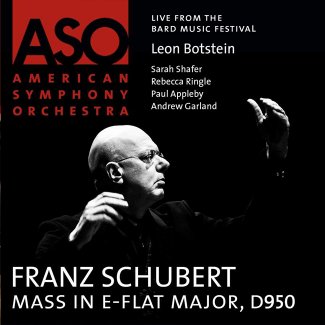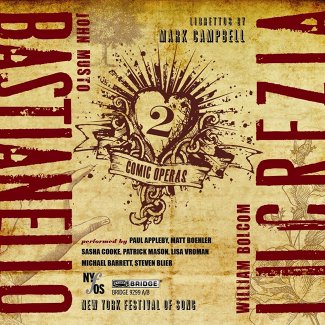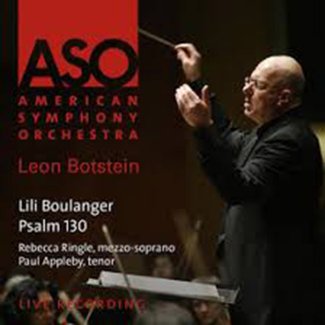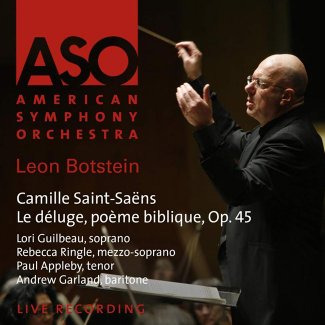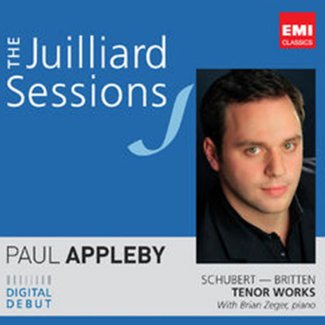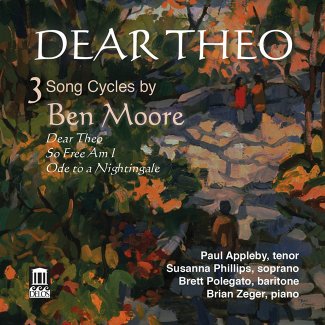Paul Appleby
Tenor
“The vocal star, however, is Paul Appleby … who soars effortlessly through the role’s high-lying demands.”
(Richard Morrison, The Times)
Show More
Gallery

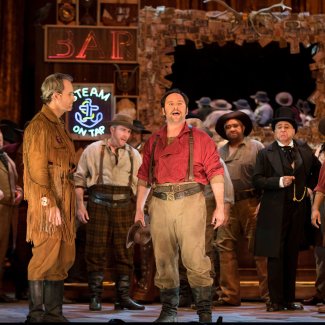
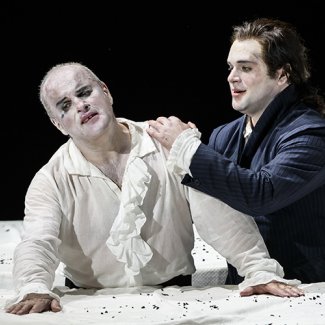
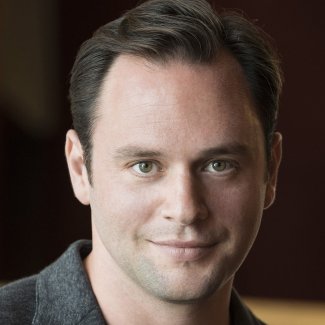
The Observer, May 2025
Seen and Heard, September 2022
(Opera Actual, Xavier Cester, May 2022)
(OperaMag, Feb 2020)
(NY Times, September 2021)
(New York Times, March 2019)
(Anthony Tommasini, New York Times, January 2019)
***** (The Telegraph, August 2018)
(Seen & Heard, April 2018)
(Bachtrack, April 2018)
(OperaWire, April 2018)
(Bachtrack, February 2018)
(San Francisco Classical Voice, December 2017)
(SF Examiner, November 2017)
(Limelight, November 2017)
(Hugo Shirley, Opera Magazine, November 2017)
(***** review, BBC Music Magazine Opera Choice, August 2017)
(NY Times, July 2017)
(Bachtrack, July 2017)
(Opera Today, July 2017)
(Shirley Apthorp, The Financial Times, July 2017)
(Place de l'Opera, January 2017)
(Opera Magazine, December 2016)
(New York Times, October 2016)
(Bachtrack, October 2016)
(Opera Magazine, September 2016)
(BBC Music Magazine, September 2016)
(Richard Morrison, The Times, July 2016)
(Tim Ashley, The Guardian, July 2016)
(Rupert Christiansen, The Telegraph, July 2016)
(Richard Fairman, Financial Times, July 2016)
(Independent, July 2016)
(Opera Magazine, July 2016)
(New York Times, March 2016)
(Seen & Heard, March 2016)
(New York Times, December 2015)
(New York Classical Review, December 2015)
(San Francisco Examiner, October 2015)
(Mercury News, October 2015)
(Bachtrack, October 2015)
(Opera Magazine, September 2015)
(The Sunday Times, August 2015)
(Bachtrack, July 2015)
(Financial Times, July 2015)
(Opera Today, July 2015)
(The Independent, July 2015)
(Music OMH, July 2015)
(Opera Magazine, July 2015)
(New York Times, May 2015)
(Classical Source, May 2015)
(Epoch Times, May 2015)
(Huffington Post, May 2015)
(New York Classical Review, May 2015)
(The Guardian, May 2015)
(Financial Times, May 2015)



